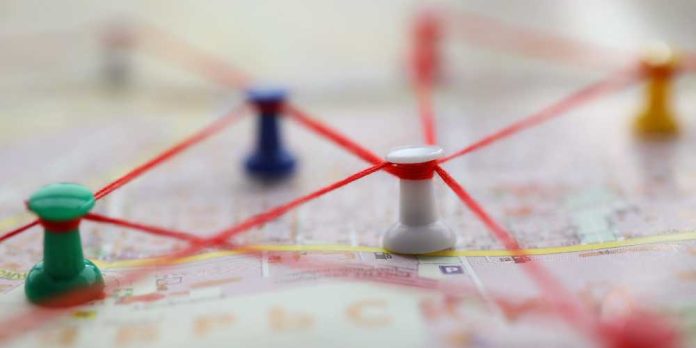For quite some time geolocation options for regulated online sportsbooks and casinos have been limited, and even those options have had their share of in-fighting.
Given the dominance of the current providers in the sphere, Incognia is an interesting proposition. The second-mover is coming into a space more than ten years in the making, but the company believes it can offer a different perspective and bring experience not just for geolocation but also fraud.
Incognia Director of Sales Engineering Joe Midtlyng spoke with SBC Americas about what the company sees in the gambling industry as well as how it approaches geolocation and fraud technology. Additionally, he offered some insight into how Incognia will roll out in the US gaming industry after obtaining its GLI certification.
Midtlying explained that, while Incognia has worked in many other industries like food delivery and the community app Next Door, gaming more than other industries, even banks, understands the vital importance of location.
Gaming understands value of location more than other industries
“[Gaming] has ideal customers that fit really well with how our technology works and they understand location and the value of it for fraud prevention, for verification, for authentication. They’re ideal because not all verticals really understand how to use location. A lot of traditional financial services, it’s not a really core signal for them. It is for gaming,” he explained.
“We’re expanding into the US market. We’ve got international customers. We’ve got 200 million devices globally, so it just made natural sense. We recently started to get exposure in gaming internationally and are seeing really good results from a fraud prevention perspective, so we know we can do this and we know there’s a need in the US market for fraud and geolocation.”
There are dozens of markets Incognia could apply in as a supplier, but Midtlying said the company is instead looking for partners and hearing where they would like to operate before going through the regulatory process.
“We’re going to be strategic and we’ve done the process and the hard work of understanding what we need to do in terms of the regulatory process, the paperwork, the testing, sponsorship from operators…we know what’s in front of us, and we know the importance of certain markets and how different states regulate differently. New Jersey, for instance, we know that they do their own testing. Other states do things differently, so we have a good feel for what we need to do. But in terms of how we’re going to prioritize it? We’re prioritizing as we work with partners, so what markets make sense for them first?”
Infiltrating a market where most operators settled on a geolocation partner a decade ago, but Midtlying does believe the Incognia product does stand out because it takes a different approach, namely one that is fraud-first as opposed to location-first.
Incognia started with fraud, then location tech followed
“Our fraud solution is purpose-built for fraud. We’re doing that in other verticals. That’s one piece. Geolocation compliance, there are a few players in the space that are doing that. But what we’re understanding is operators are using those solutions and now applying them to fraud, and there are some challenges there,” he said. “We’re coming with a lot of broad expertise into this space and geolocation is core to how we’ve been solving those issues for other verticals for several years now, so it’s a natural transition.”
What does that mean in layman’s terms? It means that things like user identification and fraud detection can become extremely granular, like the example Midtlying offered.
“We do device fingerprinting and understanding of trust or lack of trust of a device, then binding that to locations, and then giving that information in real-time to operators so they can then lock those locations for the devices that we’ve identified, but then also lock those locations for any new accounts or new devices that may originate from that specific location. And that location is not just GPS, right? It’s not just a plot on a map because of how we do location, we can isolate a fraud house that’s on floor seven of a high-rise building without interrupting all the other users in that building because we understand the location environment with the other signatures like Wi-Fi, Bluetooth, other core screen signals. So that’s that allows us to say this environment is associated with broad, not the whole location.”
As cybersecurity issues continue to draw headlines and the industry thinks about new ways to approach things like two-factor authentication, the lines between pure geolocation and fraud get incredibly muddled. Incognia hopes that affords the company an opportunity to come into a somewhat mature space and make an impact.







